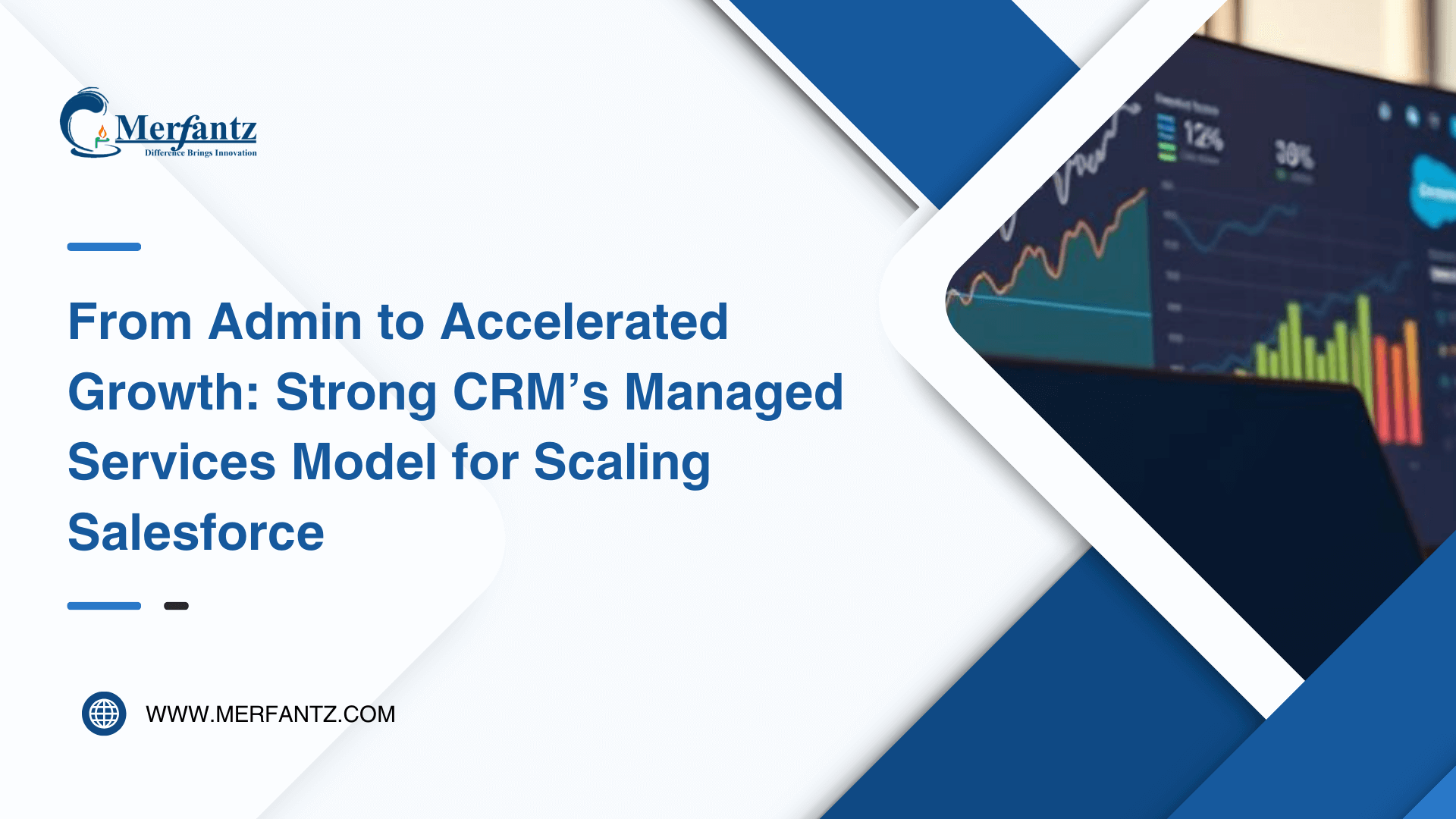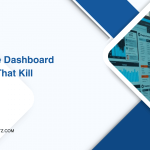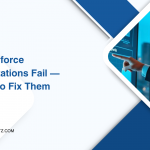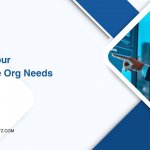
Did you know companies using advanced automation tools see 90% higher productivity and 85% better team collaboration? These numbers aren’t just impressive—they reveal a critical truth. Your CRM platform should evolve from a basic administrative tool into a dynamic growth engine as your organization expands.

Traditional approaches often leave teams stuck fixing errors instead of driving progress. Modern strategies flip this script entirely. Instead of waiting for problems to arise, proactive optimization ensures your system adapts to new challenges before they impact workflows.
This shift isn’t just about technology—it’s about aligning your tools with long-term goals. Imagine a solution that grows alongside your business, continuously refining processes and unlocking hidden efficiencies. That’s where strategic partnerships make all the difference.
Key Takeaways
- Automation tools boost productivity by 90% and collaboration by 85% in optimized systems
- Proactive support prevents issues instead of just fixing them
- Continuous innovation keeps your platform aligned with growth goals
- Tailored solutions address common scaling challenges for businesses
- Strategic frameworks turn CRM platforms into revenue accelerators
Forget about playing catch-up. The right approach transforms your investment into a catalyst for sustainable success. Let’s explore how forward-thinking organizations are redefining what their CRM ecosystems can achieve.
Understanding Salesforce Managed Services
What if your CRM could adapt to challenges before they become roadblocks? Traditional support models focus on fixing existing problems, but modern businesses need solutions that anticipate needs. This shift transforms how organizations maintain their systems.
Definition and Core Components
A specialized partnership model combines continuous platform optimization with strategic guidance. Key elements include:
- 24/7 system monitoring and performance tuning
- User training and adoption support
- Customization updates aligned with business growth
How It Differs From Traditional Consulting
Unlike project-based setups that end after implementation, this approach maintains ongoing collaboration. Teams gain:
- Regular feature enhancements instead of one-time fixes
- Immediate response to emerging needs rather than scheduled check-ins
- Shared ownership of platform success metrics
This framework keeps your system evolving through expert-led improvements and real-time adjustments. It turns temporary solutions into lasting operational advantages.
Driving Business Growth with Proactive Support
Efficiency isn’t just about speed—it’s about smart adaptation. When platforms align with shifting business needs, they become engines for innovation rather than maintenance burdens. Research shows 90% of decision-makers trust automated systems to reduce errors and accelerate critical choices.

Enhancing Efficiency and User Adoption
High-performing teams thrive on tools that simplify complex tasks. Streamlined workflows and intuitive interfaces boost engagement, while ongoing training programs help users master new features faster. This approach reduces resistance to change and creates 43% faster adoption rates compared to traditional methods.
Continuous Improvement and Innovation
Regular system audits uncover hidden opportunities in daily processes. Proactive monitoring catches issues before they disrupt operations, maintaining consistent performance. For example, one healthcare provider improved data accuracy by 78% through monthly cleansing routines—empowering their staff to make confident, data-driven decisions.
These strategies transform reactive tools into growth accelerators. By prioritizing user experience and system agility, organizations turn potential challenges into competitive advantages.
Optimizing Your Salesforce Investment
What separates top-performing companies from the rest? They treat their tech stack as a living system that adapts to their goals. Generic solutions often miss the mark, but custom approaches turn your platform into a precision tool for growth.
Tailor-Made Strategies for Business Needs
Every organization has unique needs that evolve over time. That’s why cookie-cutter plans fail to deliver lasting results. The best frameworks combine:
- Real-time adjustments based on shifting priorities
- Success metrics tied directly to revenue drivers
- Regular check-ins to validate alignment
This approach ensures your platform grows with your team, not against it. Teams using customized systems report 68% faster decision-making compared to standard setups.
Roadmap Guidance and Performance Metrics
Clear guidance transforms uncertainty into action. A well-designed roadmap breaks large objectives into achievable steps. Key components include:
- Quarterly impact reviews with stakeholders
- Visual dashboards tracking adoption rates
- Automated reports highlighting efficiency gains
These tools help teams stay focused on goals while adapting to new opportunities. One logistics company improved workflow speed by 41% using this method—proving measurable outcomes drive confidence in tech investments.
Leveraging Salesforce managed services for Strategic Advantage
How do industry leaders stay ahead of operational hiccups while scaling their tech? The answer lies in combining vigilant oversight with skill-building partnerships. This approach transforms routine system care into a competitive edge that fuels growth.

Proactive Maintenance and Real-Time Issue Resolution
Top-performing teams don’t wait for alarms to sound. They use predictive maintenance to spot irregularities in workflows before they become costly delays. One retail client reduced system downtime by 62% through automated alerts that flag anomalies during peak sales periods.
Immediate response protocols ensure critical issues get resolved within hours, not days. This minimizes disruptions to customer-facing operations and protects revenue streams. The best part? These safeguards operate 24/7, giving teams peace of mind during holidays and high-demand cycles.
Expert Guidance to Build Internal Competencies
True partnership means growing together. Seasoned experts work side-by-side with your staff through:
- Monthly knowledge-sharing workshops
- Guided troubleshooting sessions
- Documented best practices for common scenarios
This collaborative model helps teams gain hands-on experience while maintaining system stability. Over time, internal members become proficient at handling routine updates – freeing specialists to focus on complex optimizations.
The result? A self-sufficient team that can adapt to new challenges while leveraging external expertise for strategic initiatives. It’s like having a safety net that gradually teaches you to walk the tightrope with confidence.
Integration and Custom Development Solutions
Many businesses struggle with disconnected tools that create workflow bottlenecks. The right technical strategy bridges these gaps through intelligent connections and tailored functionality. This approach transforms standalone platforms into cohesive ecosystems that drive measurable results.
Seamless Integration with Business Applications
Modern organizations rely on multiple systems to manage operations. Effective integration solutions create unified data highways between these platforms. Key benefits include:
- Automated data transfers between marketing tools and financial software
- Real-time inventory updates across sales channels
- Centralized customer profiles combining interaction history
These connections eliminate manual data entry while improving decision accuracy. Teams gain a single source of truth that updates automatically across all platforms.
Custom Development to Address Unique Challenges
Off-the-shelf software often misses specific organizational needs. Custom development work fills these gaps through:
- Tailored dashboards tracking niche performance metrics
- Automated workflows matching internal approval processes
- API connections for proprietary legacy systems
One manufacturing client reduced order processing time by 58% using custom-built features that automated supplier communications. This flexibility ensures your technology adapts as business priorities shift.
Continuous updates keep these solutions aligned with evolving requirements. Regular system audits identify new integration opportunities, while development teams refine existing tools based on user feedback. The result? A dynamic tech stack that grows with your ambitions.
Cost-Effective Scalability and Flexibility
Scaling your tech infrastructure shouldn’t mean ballooning budgets—what if you could flex your resources like an accordion? Modern teams need solutions that adapt to changing demands without breaking the bank. Geographic flexibility plays a crucial role in achieving this balance.
Exploring Delivery Model Options
Hybrid approaches combine local expertise with cost-efficient talent pools. Nearshore specialists offer comparable skills at 50% lower rates than traditional onshore consultants. This model lets companies maintain quality while optimizing spending—critical when facing tight deadlines or complex projects.
Adapting to Growth Cycles
True agility means scaling your team’s capacity within days, not months. Need 120 developer hours this sprint but only 60 next month? Flexible managed services make this possible without long-term commitments. Unlike rigid consulting contracts, this approach aligns directly with your growth phases.
Traditional partners often charge over $200/hour due to hidden fees. Smart companies now prioritize transparent pricing models that grow with their needs. This shift turns fixed costs into variable investments—putting you firmly in control of both process and budget.
FAQ
What are the core components of a managed services model?
How does this approach differ from traditional consulting?
Can this model improve user adoption rates?
How do experts help businesses optimize their technology investments?
What types of integration solutions are typically offered?
How flexible are resource allocations in these models?
Do providers assist with building internal team skills?
Author Bio
Co-Founder & CMO at Merfantz Technologies Pvt Ltd | Marketing Manager for FieldAx Field Service Software | Salesforce All-Star Ranger and Community Contributor | Salesforce Content Creation for Knowledge Sharing





